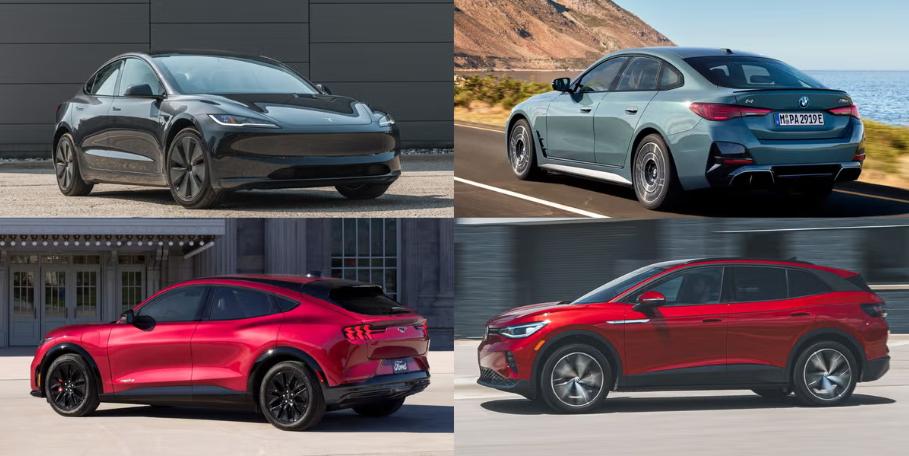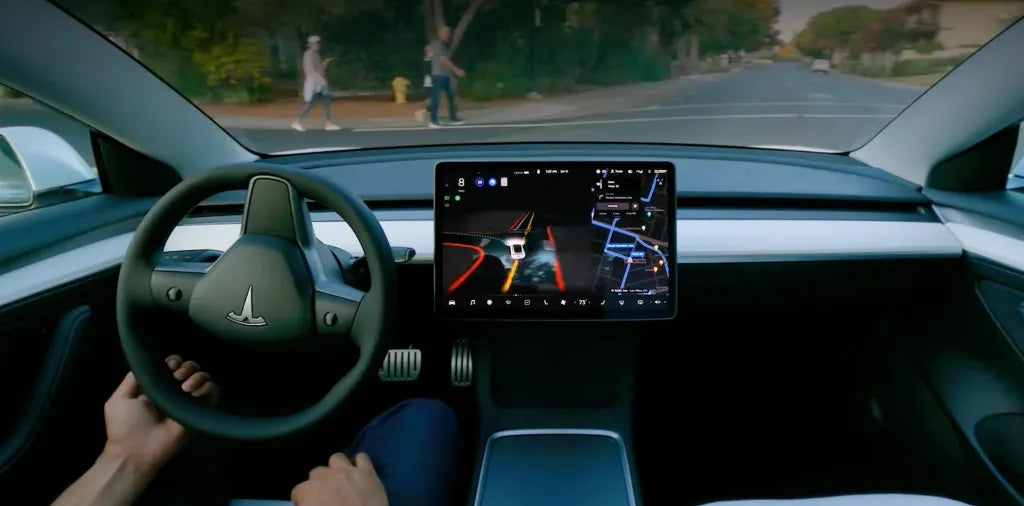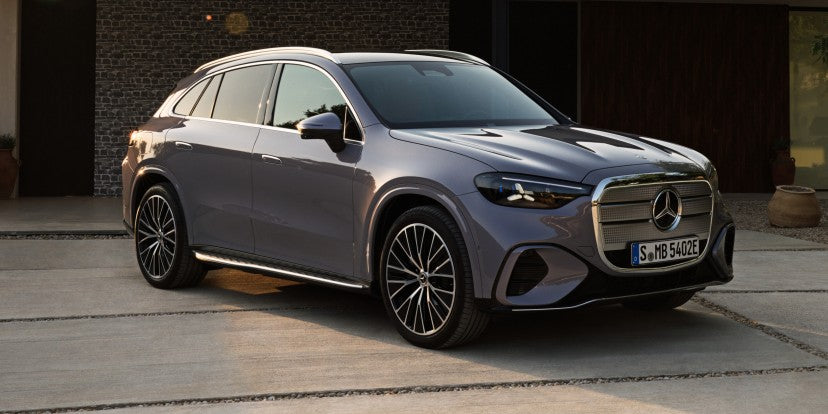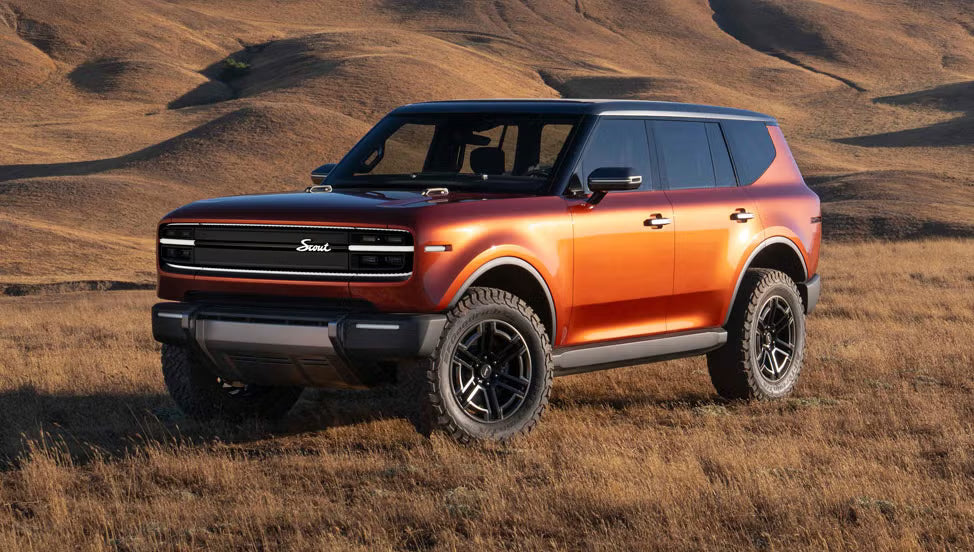Summary (English):
EV resale values are dropping—fast. While that might sound like bad news for sellers, it’s excellent news for buyers looking to enter the electric vehicle market on a budget. With some high-end EVs like the Audi Q8 e-tron and Tesla Model S losing over 60% of their value in five years, buyers can now pick up well-equipped used electric vehicles at a fraction of their original sticker price. This article dives into the reasons behind the trend, lists the top 10 fastest-depreciating EVs, and offers advice for finding a great deal on a reliable used EV.
The EV Buyer’s Secret Advantage: Rapid Depreciation
When most people talk about electric vehicles, the conversation typically focuses on the latest models, cutting-edge features, and range improvements. But there’s a growing, less flashy opportunity: the used EV market, which is expanding quickly—and in the buyer’s favor.
In fact, data shows that electric vehicles are depreciating faster than their internal combustion engine (ICE) counterparts, especially in the luxury segment. If you’re the kind of shopper who likes to let someone else eat the depreciation and scoop up a low-mile, well-maintained car for half the original price (or less), the timing couldn’t be better.
Why Are EVs Losing Value So Quickly?
1. Tech Obsolescence
EVs evolve rapidly—battery tech, software, and performance capabilities are improving year after year. A 2019 EV may seem outdated compared to a 2025 model with double the range and smarter integration. That perception of being “old tech” drives down resale values.
2. Tesla’s Volatility
Tesla vehicles, once the gold standard for used EV value retention, are now suffering from polarized brand perception and increased competition. High-profile behavior from Elon Musk has reportedly turned off some buyers, while used inventory has surged. As a result, demand has softened, impacting resale prices.
3. COVID-era Overpricing
Some of today’s used EVs were purchased during the pandemic-era supply crunch, when inflated prices and dealer markups were rampant. Now that inventory has normalized, those inflated values are correcting sharply downward.
4. Luxury EVs Hit Hardest
Just like ICE vehicles, high-end EVs have been particularly vulnerable to depreciation. These vehicles are often leased and returned after 2–3 years, flooding the used market and driving down prices.
Top 10 Fastest-Depreciating EVs (5-Year Average)
| Rank | Make & Model | MSRP | 5-Year Avg. Value | $ Loss | % Drop |
|---|---|---|---|---|---|
| 1 | Jaguar I-Pace | $72,000 | $20,047 | -$51,953 | -72.2% |
| 2 | Audi Q8 e-tron | $74,400 | $20,958 | -$53,442 | -71.9% |
| 3 | Nissan Leaf SV Plus | $36,190 | $13,000 | -$23,190 | -64.1% |
| 4 | Tesla Model S | $74,990 | $27,835 | -$47,155 | -62.9% |
| 5 | Mercedes EQS | $104,400 | $41,121 | -$63,279 | -60.6% |
| 6 | Hyundai Kona Electric | $32,675 | $13,860 | -$18,815 | -57.6% |
| 7 | Tesla Model X | $79,990 | $32,940 | -$47,050 | -58.8% |
| 8 | Porsche Taycan | $99,400 | $48,445 | -$50,955 | -51.3% |
| 9 | Tesla Model Y | $44,990 | $23,775 | -$21,215 | -47.2% |
| 10 | Ford Mustang Mach-E | $39,995 | $21,600 | -$18,395 | -46.0% |
📉 The biggest drop in sheer dollars? The Mercedes EQS, which has lost over $63,000 in value—more than many people’s entire car budgets.
Disclaimer: the models and pricing shown, above, were sourced from CarsDirect, Carscoops, iSeeCars, USNews, and Yahoo!Finance. These deals may not be available in every market, and the standard “with approved credit” fine print should be considered implied.
Great Time to Buy (If You’re Smart)
Here's why falling prices are a golden opportunity:
-
High value for your dollar: A $100,000 EV for under $45,000? That's luxury at a used Toyota price.
-
Lower running costs: Even at five years old, EVs are typically cheaper to run than ICE cars—no oil changes, fewer moving parts.
-
Battery warranties: Many EVs come with 8-year battery warranties, meaning your 5-year-old used EV might still have 3 years of coverage left.
-
Green credentials on a budget: Want to reduce your emissions without buying new? A used EV is a guilt-free deal.
Buyer Tips: What to Look For in a Used EV
-
Battery Health: Ask for a battery report. The battery is the single most expensive component.
-
Remaining Warranty: Check both the factory and battery warranties—some are transferable, others are not.
-
Software Updates: Make sure the car has the latest firmware. Some older Teslas and Nissan Leafs lack OTA updates.
-
Range Expectations: Remember that cold climates and high mileage reduce real-world range. Choose accordingly.
-
Charging Compatibility: Ensure the vehicle supports your home or nearby charging options.
The Bottom Line
The EV market is maturing fast, and with it comes one of the most powerful value shifts in recent automotive history. For savvy used car buyers, the timing couldn’t be better.
While new EVs boast longer ranges and sleeker software, used models offer a massive financial advantage—and if your driving habits don’t require 300+ miles of range, you may find yourself thrilled with a five-year-old EV that cost someone else double what you’re paying.
🚗 Ready to shop smart?
Whether you're eying a Jaguar I-Pace for less than a Corolla, or a Model S that’s finally in reach, there’s never been a better time to buy electric—used.
Recommend Reading: Used Honda Prologue EVs Selling Quickly as Demand Rises








Share:
US and Canada Add 229 New CCS Fast-Charging Stations in June 2025, Outpacing 2024
Tesla Faces Potential Sales Ban in California Over FSD Misleading Advertising Lawsuit